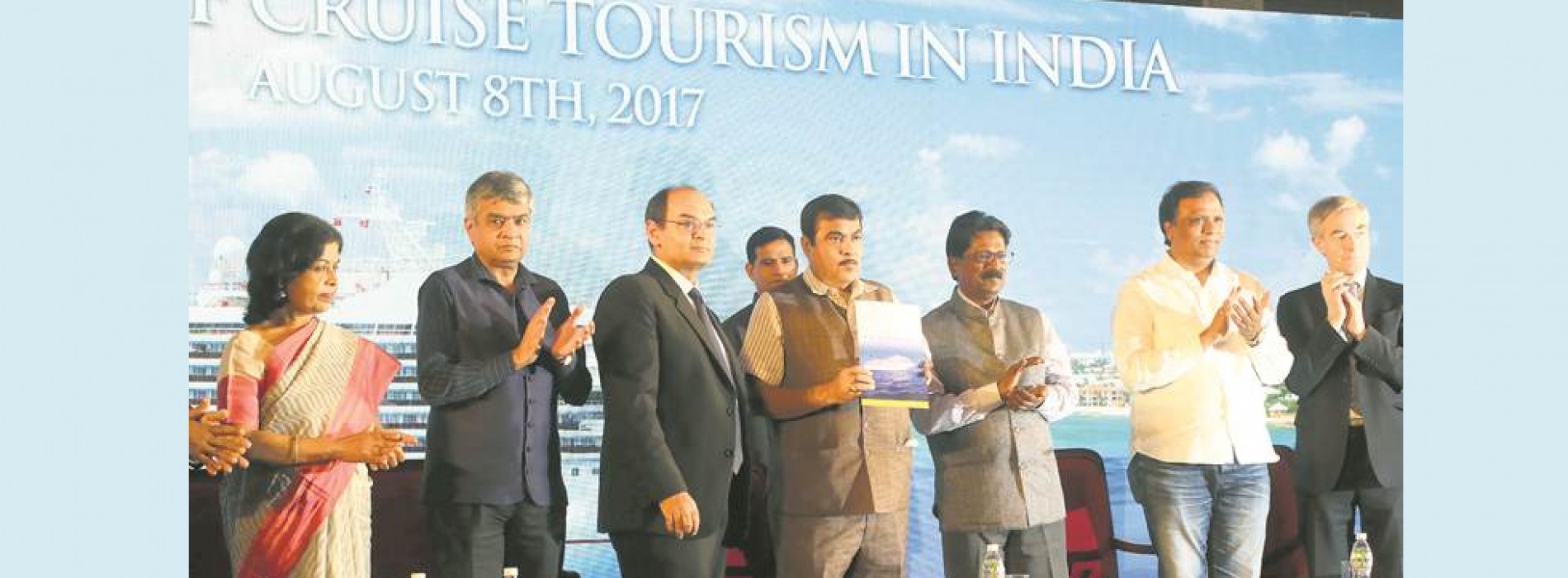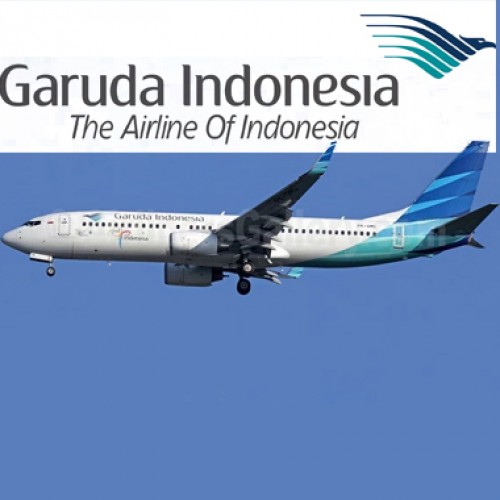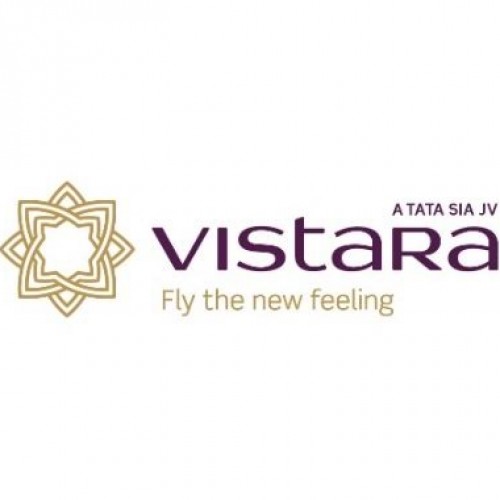Cruise business won’t thrive if GST is charged: Carnival UK chairman
The Chairman of the world’s largest cruise shipping company has warned that India would not be able to reach its cruise tourism potential unless the business is exempted from the Goods and Services Tax (GST).
“The cruise industry pays its way through head charges and port taxes. It must not attract any GST whatsoever. The cruise industry will not come to a country where GST is attracted,” said David Dingle, Chairman, Carnival UK, at a cruise conference in the city yesterday.
While there is currently no service tax applicable on services provided to passengers in cruise ships in the country, the new tax regime has brought in uncertainty. In July, the Union Shipping Ministry had written to the GST Council asking that cruise shipping, which is touted to attract 40 million passengers by 2042-43, be exempt from the tax.
Dingle, whose firm operates the popular cruise firms including Costa Cruises, Cunard Line, Princess Cruises and Carnival Cruise Line among others, added, “Quite simply, we cannot pay GST on cruise shipping. It will limit the growth of the cruise shipping industry in India. The finance ministry needs to listen to its colleagues in the shipping and tourism ministries.” He also said that there are no other countries where cruise companies are required to pay GST.
Carnival UK, whose subsidiary Costa Cruises will operate in India for the second season from November with domestic cruises from Mumbai to Cochin and Mumbai to Maldives, holds a 42 per cent share of the Asian cruise shipping market. According to a road-map prepared by the international consultants Burmello and Ajamil, India has the potential to attract 955 cruise ships annually from its current 158 vessels and stands to earn Rs 35,000 crore in revenue.
Union Shipping Secretary Ravi Kant and Tourism Secretary Rashmi Verma voiced the need for cruise shipping to be exempt from GST. Union Shipping and Surface Transport Minister Nitin Gadkari said that he would make a representation to the fiance ministry. Dingle added that it was important to remove the obstacle of GST to make India a competitive place for global cruise corporations to do business. “We do have to remove that obstacle to move from a relatively small industry to a big industry,” he said.
Gadkari also launched a new set of Standard Operating Procedures (SOPs) that will be in force in all five of India’s cruising ports — Mumbai, New Mangalore, Goa, Cochin and Chennai — from November. Cruise ships will be offered a rebate of 30 percent according to the SOP and port fees will be rationalised, Gadkari said.
According to the new SOP, vehicles ferrying passengers in and out of the port premises will be issued RFID tags in order to cut down on time to verify the credentials of the vehicles, its drivers and cleaners. Passengers will be able to apply for E-visas on board vessels en route to India and their entry and exit from the port will be made hassle-free with the Bureau of Immigration and the Central Industrial Security Force working to convert their existing manual and time-consuming process of verification to a digital one.
With Dingle stating that domestic cruises would dominate his firm’s operations in India, the SOP also stated that new cruise terminals will be constructed in all five ports.
News Source: http://indianexpress.com/
You might also like
Garuda Indonesia celebrates launch of direct flights from Mumbai to Jakarta
Attractive all-in return fares to Jakarta and Denpasar – Bali from Mumbai starts from INR 25,000 Indonesia’s award-winning national airline, Garuda Indonesia, rated a 5-Star Airline by Skytrax, has launched
Vistara announces 3-day Celebration Sale with fares starting INR 899 all-in
• Fares starting INR 899 all-in one way • Booking Period: 10 January 2017 – 12January 2017 (midnight) • Travel Period: 25 January 2017 – 01 October 2017 • Customers
Bullet train land protest in Gujarat
Farmers from Surat district on Thursday approached Gujarat High Court against a preliminary notification issued by the state government for acquisition of land for the Mumbai-Ahmedabad high-speed rail project. The







